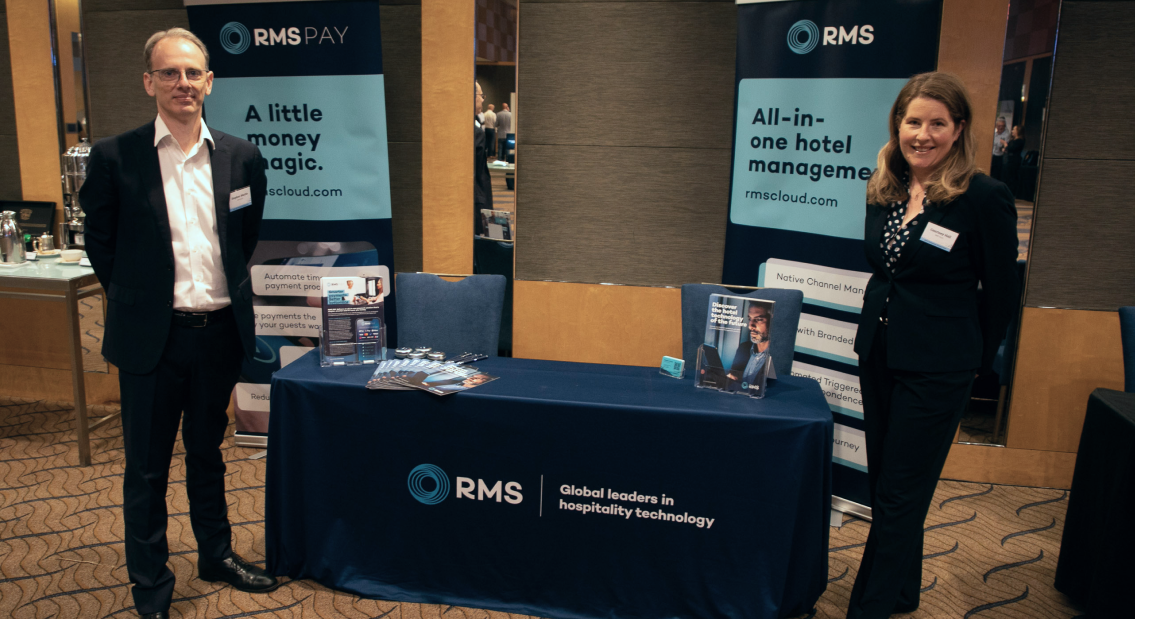Are you riding the Millennial wave? Or don’t believe the hype. Either way, this story is for you.
But, first, what is a Millennial?
The term was originally coined to describe people who came of age in the late 1990s through to the mid-2000s, though now Millennial can mean anyone born between 1981 and 1996.
They’re now aged between their early 20s to late 30s. The eldest are losing their hair, gaining weight and starting to look like their parents.
Ironic because, as you’ll see, the similarities don’t end there, and this perhaps is where the opportunities lie for hotel marketers in an industry that has gone crazy for Millennials in a way it hasn’t for any other generation.
Marriott, Accor, Hilton - all the big hotel groups have rolled out at least one brand targeting Millennials: Jo & Joe, Aloft, MOXY, Radisson Red, Indigo and Generator Hostels among them.
These (relatively) new brands have an emphasis on health, wellness, personality and technology, attributes that also appeal to the Baby Boomers.
They feature smaller lobbies, are big on communal space and design. Limited service is also a typical of several so-called Millennial brands.
And while these properties are ostensibly targeted at younger travellers, they have a broader appeal, generally making them a no-lose play for developers, owners and hoteliers.
Why?
“If we attract young people, old people will show up, but if you build a hotel for old people, young people never show up,” Scott Greenberg, president and chief executive of Smashotels, recently told the Washington Post.
He could be talking about a nightclub, but I digress.
The point here us that there isn’t that much of a generation gap. Globalisation and technology is bringing us closer together.
People are not necessarily defined by age and the Millennials and their Baby Boomer parents aren’t so different after all.
Despite the hype.
What’s really going on, says author and Social Scientist, Dr Ross Honeywill, is that the consumer economy has “bifurcated” into The Traditional Economy and The Desire Economy.
Dr Honeywill says while those in the Desire Economy do tend to be younger, age is no barrier to entry and is cynical of the hype surrounding Millennials.
“The whole generational thing is definitely a myth,” Dr Honeywill says.
He explains that both the Desire Economy and the Traditional economy are a state of mind.
The big difference is that members of the Desire Economy are aspirational, they want what they want and will pay to get it.
Those in the Traditional Economy are much more conservative and care deeply about cost, often over the experience on offer.
As a result, the ambitious members of the Desire Economy spend $2.60 for every $1.00 outlaid by their penny-pinching Traditional Economy peers.
“If you take a Baby Boomer in the Desire Economy they are three times more likely to be early adopters of technology than Millennials in the Traditional Economy,” Dr Honeywill says.
“The cliche that Millennials are the tech generation is patently untrue – 50% are in the Traditional Economy.”
He says the two types of consumers are “as different as buttons and truffles” and his message to marketers is to follow the money.
“Why would you reach out to sub-optimal low-value customers when you can attract high-value customers?” Dr Honeywill asks.
“Why wouldn’t anyone want to follow the money rather than the latest demographic hoax?”
He also believes it is a “huge risk” for travel and tourism businesses to develop products such as hotels or accommodation specifically targeting Millennials.
However, as we can see from the evidence above, that assertion is very much open to debate.
Although, when it comes to branding of the so-called Millennial properties, there does appear to be some dog whistling going on; ie the marketers are targeting desire rather than an age bracket.
And therein lies an important lesson for all hotel marketers, often so fixed on price.
To attract this lucrative cohort, Dr Honeywill advises the softly-softly approach is often the most effective.
“The best marketing techniques to reach this valuable cohort are magazines, earned media, digital of course, even alternative cinemas. Avoid TV, radio and the tabloid press.
“Never use the word ‘ultimate’. Never over-promise.”
Forget about age, he says, and think about what the customer wants.
Trigger their desire and you’ll have a much better chance of success.




